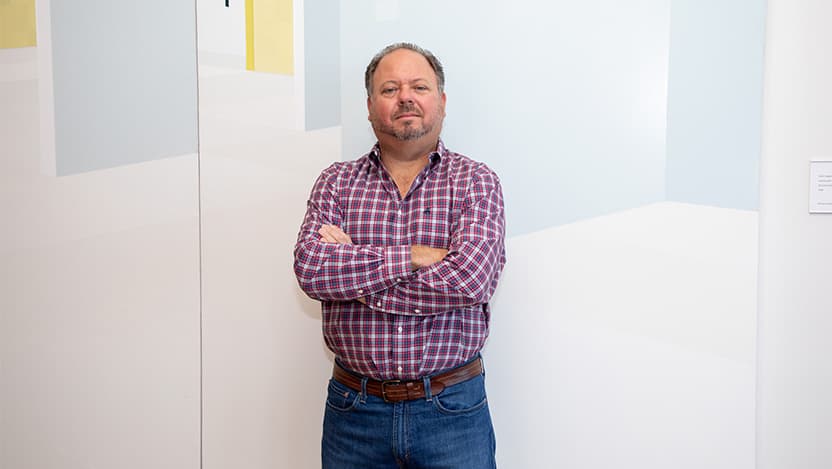UChicago Medicine clinical trial evaluates new prostate cancer screening technique for high-risk patients

A clinical trial at the University of Chicago Medicine is evaluating a novel cancer screening protocol for men with a high risk of developing prostate cancer.
The academic medical center is the only trial site in Chicago to participate in the research effort, designed to identify prostate cancer early before the disease spreads.
Prostate cancer affects one out of eight men, making it the most common type of non-skin cancer among U.S. males. Many survive the early stage disease.
The ultimate goal for physicians is to see if they can figure out a safe, smart strategy for earlier and more comprehensive screenings for patients who have a higher likelihood of developing worrisome prostate cancer.
In the trial, participants have a simple blood test, called a prostate-specific antigen (PSA) test, plus an MRI of the prostate. The primary focus is to evaluate whether early MRI can identify meaningful prostate cancer prior to recognition on a physical exam or PSA.
Another blood test in the trial is an extensive genetic evaluation, including genetic risk score (GRS) and reviews of individual genetic mutations such as BRCA, ATM, CHEK2 and dozens more.
The GRS will be performed with clinical trial partner NorthShore University HealthSystem, which is planning to open the trial. The GRS scores will be used in future analyses.
When the data is combined, it can determine the likelihood of cancer in the prostate — information that not only helps research efforts but provides peace of mind to high-risk patients like Mark Vazzana.
Physicians hope earlier screening in men at higher risk will save lives. It has the potential to eventually become a standard practice.
Vazzana, a father of three from the Chicago suburb of Riverside, was 47 years old when he participated in the new prostate cancer screening regimen at UChicago Medicine in June 2020.
Vazzana was enrolled in the clinical trial due to his family history of cancer: his mom died of breast cancer at age 40; family members had ovarian and pancreatic cancers; and Vazzana was diagnosed with kidney cancer in 2014 during treatment for an unrelated health issue.
A increased risk of prostate cancer is frequently linked to a family history of these malignancies. Therefore, genetic testing for men like Vazzana is valuable for himself and his blood relatives.
Genetic testing found that Vazzana has the BRCA2 gene, a mutation that makes people more susceptible to prostate, breast, ovarian, pancreatic and other cancers.
Once physicians knew Vazzana has the BRCA2 mutation, they instantly knew a couple of things, including a higher risk of developing prostate cancer and more aggressive prostate cancer.
To everyone’s relief, no prostate cancer was detected in Vazzana’s screening and everything has been normal.
If Vazzana had not done the screening, he probably wouldn’t have had a standard screening until age 50. Physicians hope earlier screening in men at higher risk will save lives. It has the potential to eventually become a standard practice.
Vazzana now has yearly PSA tests to screen for BRCA2-related cancers and a prostate MRI every three years.
“I wanted to share my story, in hopes that it will help other people,” Vazzana said. “I’ll do anything to help someone avoid going through what my family’s been through with cancer.”
The University of Chicago Medicine High-Risk and Advanced Prostate Cancer Clinic is funded through an anonymous foundation’s philanthropic donations. The clinical trial supported by Karl Singer, in memory of his son, Kasey Singer. It's one of many philanthropic partnerships that enables UChicago Medicine to advance prostate cancer care.

Prostate Cancer Care
The UChicago Medicine prostate cancer care team is highly skilled in the most up-to-date, technologically advanced methods for the diagnosis and treatment of prostate cancer. We offer the full range of treatment options, including robotic surgery, clinical trials of new therapies, sophisticated radiation oncology care, genetic testing for hereditary risk factors and more.
Prostate Cancer Care Services